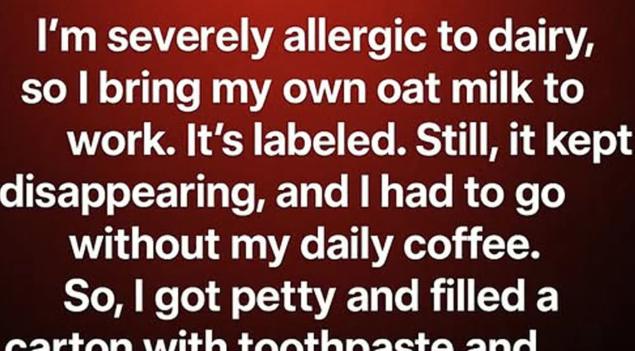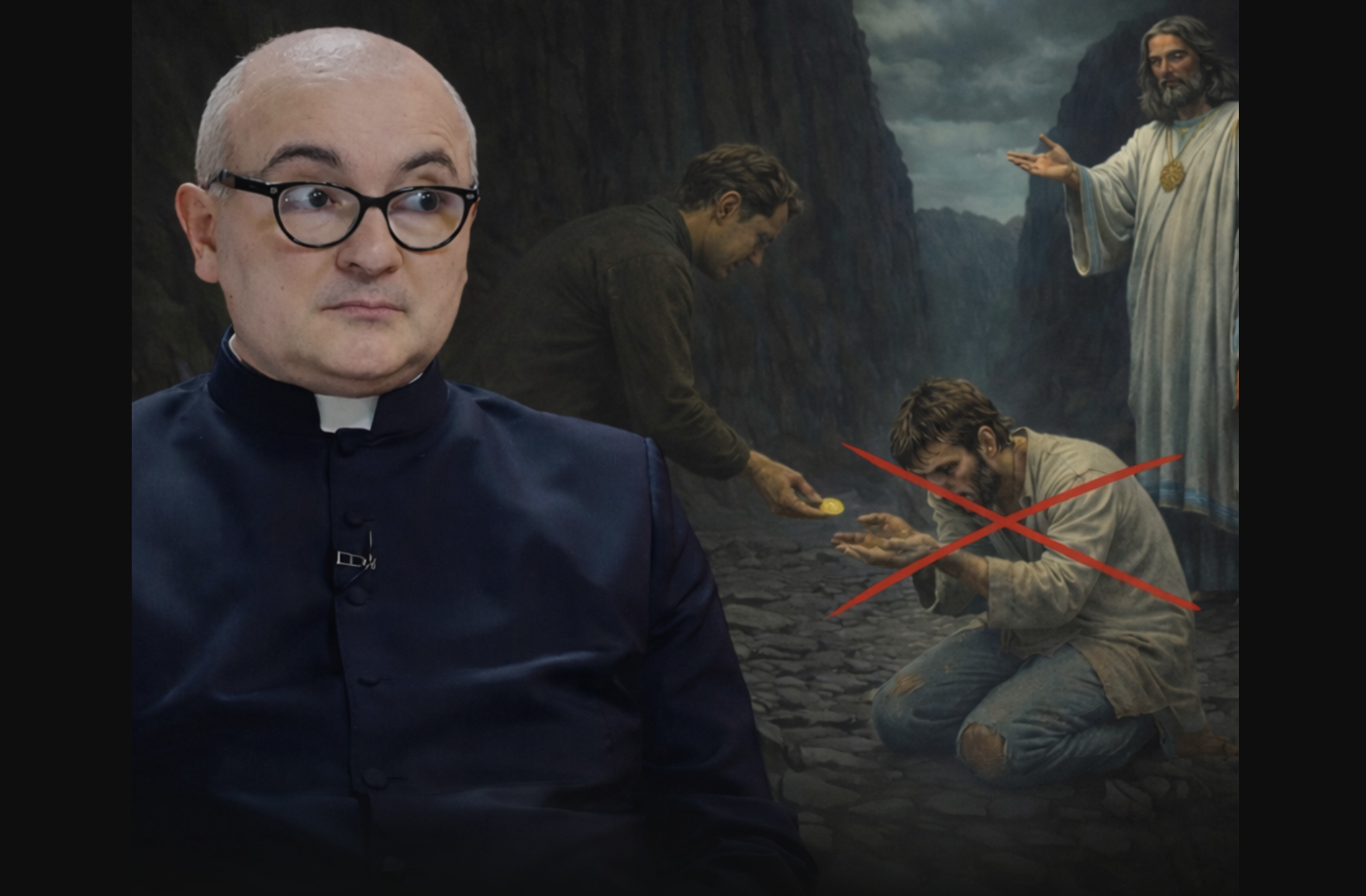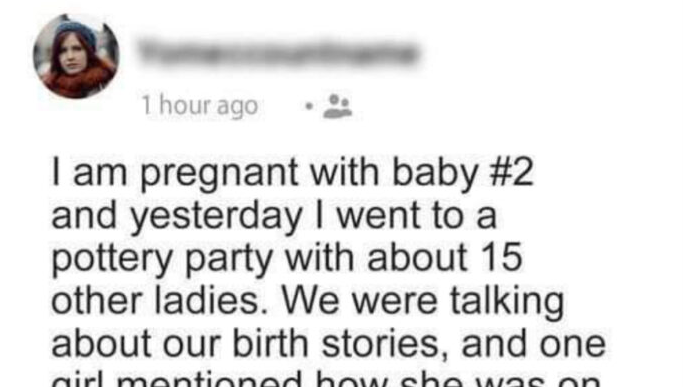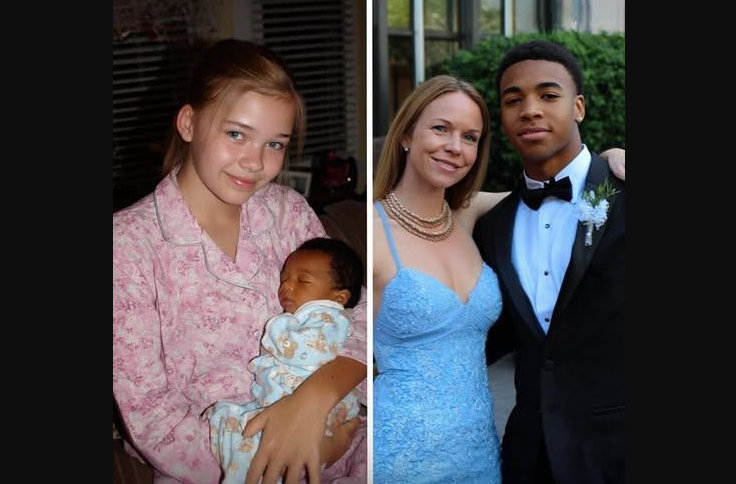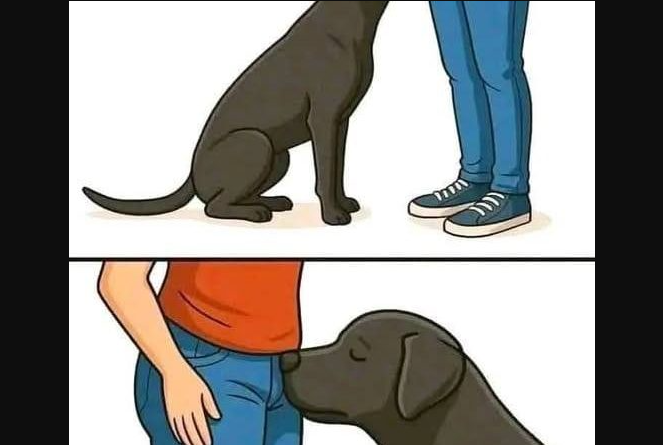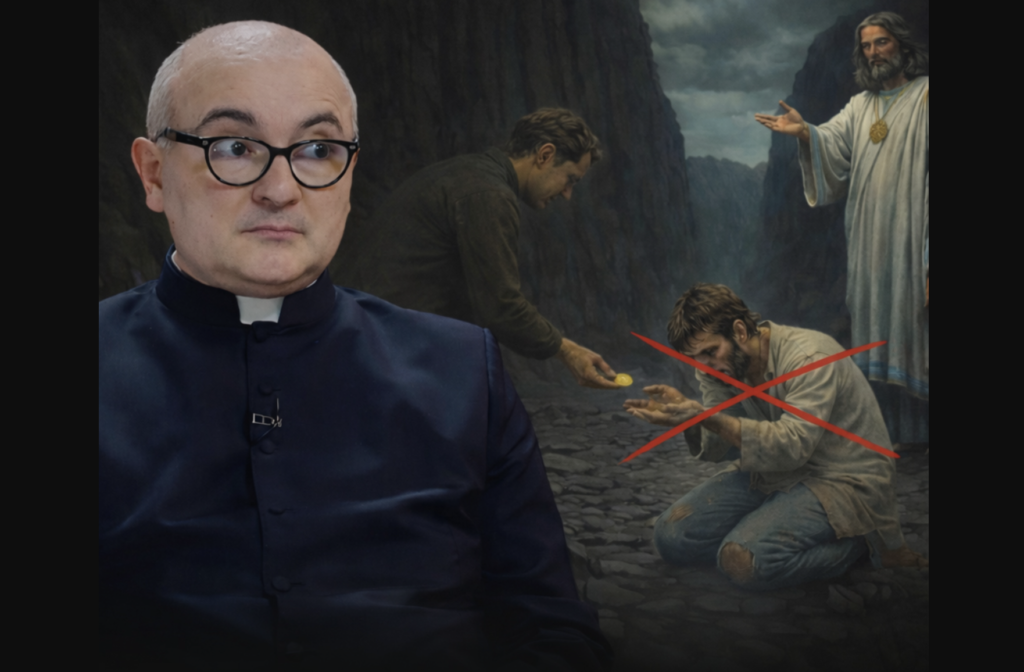It’s tempting to let irritation take hold when we feel wronged, particularly by the small, daily slights that erode our calm. Yet, behind those frustrations, there often lies a story we haven’t taken the time to understand.
In this tale, what started as a minor act of retaliation unveiled a profound truth—not about theft, but about struggle, pride, and the silent challenges people carry. The true takeaway? A touch of empathy can nourish far more than a moment of spite.
I have a severe dairy allergy, so I bring my own oat milk to the office, clearly labeled with my name. Despite this, it kept vanishing, leaving me without my morning coffee.
Frustrated, I decided to act. I filled a carton with a mixture of toothpaste and baking soda, hoping to catch the culprit.
The next morning, I heard choking sounds from the break room. To my dismay, it wasn’t the careless thief I’d imagined—it was Clara, the new employee.
Her face flushed red as she hurried to the sink, and guilt hit me like a wave.
Everyone in the office knew Clara was facing tough times. She’d taken the job to provide for her younger brother, and quiet whispers circulated about her skipping meals to stretch her budget.
I’d been so consumed by my own annoyance—by the sense of being wronged—that I hadn’t considered the possibility that the “thief” might be someone in need, not someone reckless.
Later, I approached her, my guilt heavy. She avoided my gaze. “I’m sorry,” she whispered. “I couldn’t buy groceries this week, and I thought a little milk wouldn’t hurt.”
In that moment, my prank felt cruel. My reaction had stemmed from inconvenience; her actions were rooted in necessity.
I offered to buy her lunch, and it became a small tradition between us. Over shared meals and coffee, we spoke about life, hardship, and the masks people wear to conceal their struggles.
The oat milk stopped disappearing—not because I’d deterred a thief, but because I chose understanding over bitterness.
Sometimes, the smallest conflicts we face reveal something greater: that kindness sustains us far more than resentment ever could.
